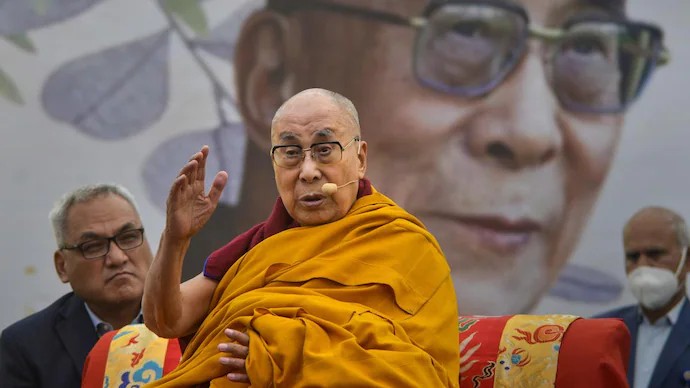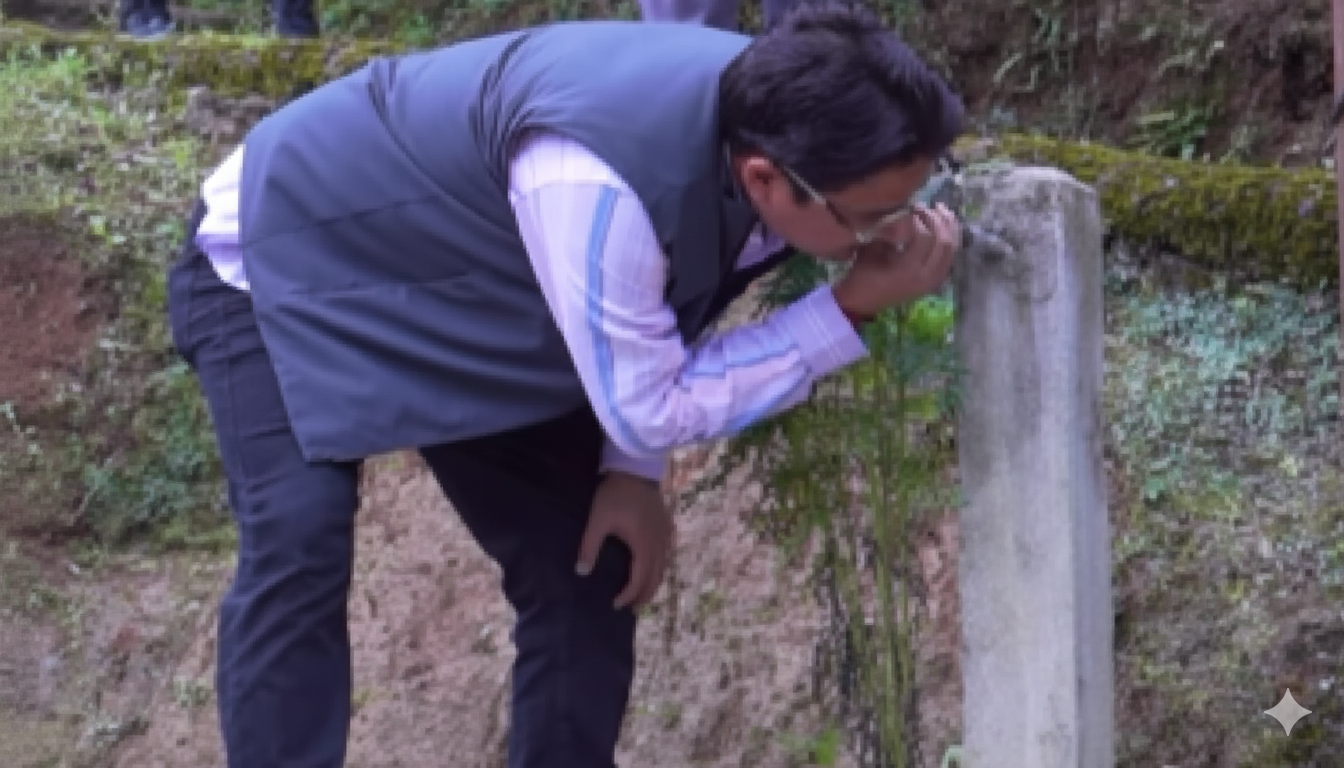
Indian women on temporary work visas in the US are opting for preterm C-section deliveries to beat the February 19 deadline imposed by an executive order signed by President Donald Trump. The order redefines birthright citizenship under the 14th Amendment, stripping automatic citizenship rights from children born to non-permanent residents.
The race to meet the deadline has led to a spike in demand for early deliveries. Doctors in the US report an uptick in consultations from expectant Indian mothers, many of whom are in their third trimester. Dr. S.G. Mukkala, a Texas-based obstetrician, shared that he has spoken to 20 couples in just a few days. “They’re desperate. Some couples understand the risks but still feel they have no choice,” he explained, emphasizing the complications associated with preterm deliveries, such as underdeveloped lungs and neurological issues.
Executive Order Sparks Urgency
On January 20, shortly after being sworn in for his second term, Trump signed the controversial executive order, which marks a significant shift in US immigration policy. Under the new directive, babies born to non-permanent residents after February 19 will no longer qualify for citizenship unless a parent holds a Green Card or the child reaches 21 years of age and applies independently.
This policy change has left thousands of Indian families in turmoil, especially those on H1B or L1 visas. With the window closing, many feel cornered into seeking drastic measures to secure a future for their children.
Doctors Sound the Alarm
While some medical professionals have accommodated these requests, others are raising red flags about the potential health risks. Dr. S.D. Rama, a gynecologist in New Jersey, recalled an instance where a woman in her seventh month of pregnancy sought to schedule an early delivery. “She wasn’t due until March,” Dr. Rama said. “It’s a tough decision for these families, but the risks to both mother and baby are significant.”
The complications associated with preterm deliveries include low birth weight, feeding difficulties, and potential long-term developmental challenges. Despite these warnings, couples remain resolute.
A Community in Crisis
For many Indian families, this executive order has introduced a cloud of uncertainty over their future in the US. Several have expressed their helplessness in navigating the sudden policy shift. “We came here for better opportunities, but now we don’t know what lies ahead,” one expectant father shared anonymously.
As February 19 approaches, the medical community faces an ethical and emotional dilemma. Families, desperate to secure a foothold in the US, are pushing boundaries to ensure their children are not left stateless. This intersection of immigration policy, healthcare, and personal sacrifice paints a poignant picture of the lengths families will go to for a better future.
A Policy with Far-Reaching Consequences
The new amendment signals a profound change in the US immigration landscape, leaving families and healthcare professionals grappling with its immediate repercussions. As the deadline looms, the rush for preterm deliveries serves as a stark reminder of the human cost behind political decisions.
The coming weeks will likely bring further developments, but for now, expectant Indian mothers and their families are navigating uncharted territory, racing against time to safeguard their children’s futures.
Trump’s Birthright Citizenship Order Faces Immediate Legal Pushback
Trump’s Controversial Birthright Citizenship Order Declared ‘Blatantly Unconstitutional’
A controversial executive order issued by former President Donald Trump has reignited the debate over birthright citizenship in the United States, drawing sharp criticism and swift legal challenges. The order, which bars children born on U.S. soil from automatic citizenship under specific conditions, has been temporarily blocked by a federal judge.
The directive states that a child born in the U.S. will not be recognized as a citizen if the mother lacks legal immigration status or is only temporarily in the country, and if the father is neither a U.S. citizen nor a lawful permanent resident. Under the order, federal agencies are prohibited from issuing documents acknowledging citizenship to such children or accepting state-issued citizenship recognition.
Within days of its announcement, at least five lawsuits were filed by a coalition of 22 states, arguing that the order violates the U.S. Constitution. Opponents contend that the 14th Amendment unequivocally grants citizenship to all individuals born on American soil, regardless of parental immigration status.
On Thursday, U.S. District Judge John Coughenour temporarily blocked the order, calling it “blatantly unconstitutional” during a preliminary hearing in one of the multi-state lawsuits. “I’ve been on the bench for over four decades,” Judge Coughenour remarked to a Justice Department attorney, as reported by the Associated Press. “I can’t remember another case where the question presented was as clear as this one.”
This ruling marks the latest development in a heated legal battle that is likely to ascend to higher courts. The order’s critics argue that it undermines long-standing constitutional protections and sows uncertainty for millions of families, while proponents assert it is necessary to address perceived loopholes in immigration policy.
With constitutional experts, advocacy groups, and state governments weighing in, the debate over the order underscores the broader ideological divisions surrounding immigration reform and the interpretation of birthright citizenship in the United States. As the legal process unfolds, the nation awaits further clarification on the enduring question of who is entitled to the rights and privileges of U.S. citizenship.





